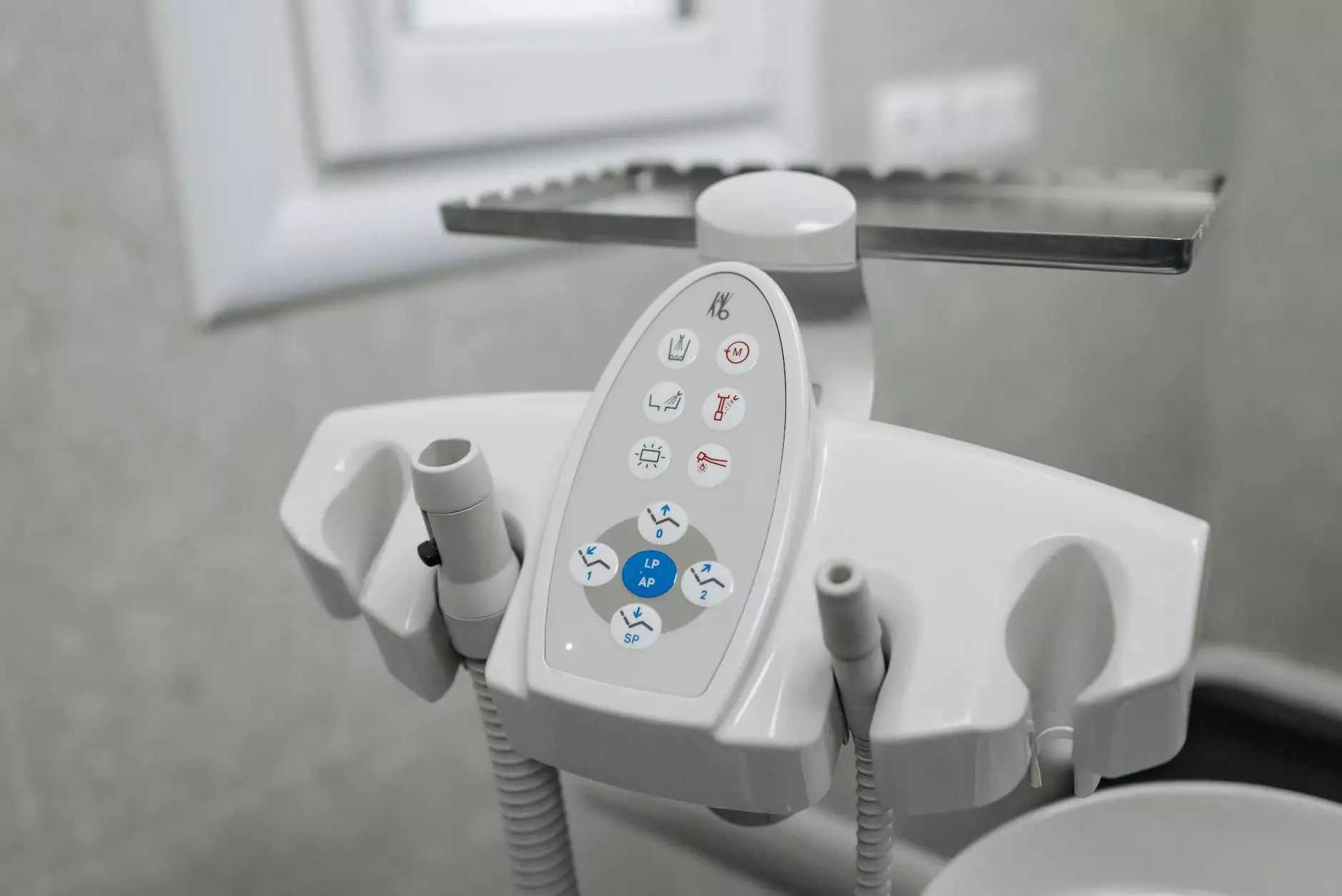The Impact of Biotech Accelerators on Health and Medical Innovations

The world of biotechnology is rapidly evolving, and at the forefront of this evolution are biotech accelerators. These innovative hubs are designed to support startups and early-stage companies in the biotechnology sector, particularly those focused on health and medical advancements. This article delves deep into the significance of biotech accelerators, their contributions to the fields of health & medical solutions, alternative medicine, and laboratory testing, and how they play a crucial role in shaping the future of this dynamic industry.
What is a Biotech Accelerator?
A biotech accelerator is an organization that provides support and resources to early-stage biotechnology firms. The support typically includes:
- Funding: Access to capital through investments or grants.
- Mentorship: Guidance from experienced professionals in the biotech and business arenas.
- Networking Opportunities: Connections with other entrepreneurs, investors, and industry experts.
- Workshops and Training: Programs designed to enhance business skills and industry knowledge.
- Laboratory Space: Access to state-of-the-art lab facilities and equipment.
Why Are Biotech Accelerators Important?
The importance of biotech accelerators cannot be overstated. They serve as a catalyst for innovation by providing startups with the resources they need to develop their ideas into market-ready products. Here are several key benefits:
1. Accelerating Innovation
Biotech accelerators play a vital role in accelerating the pace of innovation. With access to funding and resources, biotech startups can focus on developing their technologies rather than being bogged down by logistical issues. By providing a structured environment where ideas can thrive, these accelerators help turn innovative concepts into viable products that can improve health outcomes.
2. Bridging the Gap Between Research and Market
Often, groundbreaking research does not translate into products due to various barriers, including funding and expertise. Biotech accelerators help bridge this gap by connecting scientific research with business acumen. They prepare startups to navigate the complex regulatory landscapes inherent in health and medical fields, making it easier for them to bring their innovations to market.
3. Fostering Collaboration
Collaboration is key in the biotechnology sector. Biotech accelerators create ecosystems where startups can collaborate with established companies, research institutions, and investors. This synergy can lead to groundbreaking discoveries and improve overall industry health. Through collaboration, startups can leverage the strengths of others to overcome challenges more effectively.
The Role of Biotech Accelerators in Health & Medical Solutions
One of the most significant areas where biotech accelerators make an impact is in health and medical solutions. They help startups focused on areas such as:
1. Pharmaceutical Development
Many biotech accelerators provide a robust framework for pharmaceutical development. They offer resources that help companies in drug discovery, formulation, and regulatory compliance. This support is essential in navigating the complexities of developing new medications that can save lives and improve overall health.
2. Diagnostics and Laboratory Testing
Laboratory testing is pivotal in modern medicine. By fostering companies that focus on diagnostic tools and technologies, biotech accelerators play a critical role in enhancing early disease detection and personalized medicine strategies. Startups in this space often emerge with innovative diagnostic products that allow for quicker and more accurate testing.
3. Healthcare Technologies
Biotech accelerators also support the development of healthcare technologies that improve patient care. This includes health management apps, wearable technologies, and telemedicine solutions that can facilitate easier communication between patients and healthcare providers, ultimately leading to better health outcomes.
The Influence of Biotech Accelerators on Alternative Medicine
In recent years, the alternative medicine sector has also witnessed growth, with many startups looking to develop natural therapies and remedies. Biotech accelerators are beginning to play an integral role in this field. They provide resources and expertise that help companies in alternative medicine thrive by:
1. Validating Natural Products
Many alternative medicine startups focus on creating products derived from natural substances. Biotech accelerators help validate these products through rigorous scientific study, ensuring they meet safety and efficacy standards before reaching consumers. This validation increases trust in the alternative medicine sector.
2. Supporting Research and Development
Research is vital in alternative medicine, where anecdotal evidence must be supported by scientific findings. Biotech accelerators often fund research initiatives that explore the benefits of alternative treatments. This research helps uncover viable options for patients seeking alternatives to traditional medical therapies.
Success Stories: Biotech Accelerator Impact
Numerous success stories highlight the significant impact of biotech accelerators. Companies that have emerged from these programs often experience rapid growth and make meaningful contributions to healthcare and innovation. Some notable examples include:
1. GRAIL
GRAIL, a company aimed at early cancer detection through blood tests, benefited immensely from the support of its accelerator. Their innovative technology has the potential to save countless lives through early diagnosis.
2. Amgen
Amgen, one of the world’s largest biotechnology companies, began as a startup that received invaluable guidance and mentorship during its initial stages. Today, they continue to provide groundbreaking therapies to patients worldwide.
Future Trends in Biotech Accelerators
The future of biotech accelerators is promising as the biotechnology landscape continues to evolve. Here are some trends we can anticipate:
1. Increasing Focus on Sustainability
As global awareness of environmental issues rises, biotech accelerators are likely to emphasize sustainable practices and products in biotech. This includes supporting startups that are focused on creating green technologies and sustainable healthcare solutions.
2. Integrating Artificial Intelligence and Machine Learning
The integration of AI and machine learning in biotechnology will revolutionize the industry. Accelerators are beginning to support companies that use these technologies to enhance drug discovery, research, and development processes, leading to more efficient outcomes.
3. Expanding Global Reach
Biotech accelerators are increasingly looking to expand their global footprint. By forging partnerships with international entities, they can support a broader range of biotech startups, ultimately leading to more diverse and innovative solutions in healthcare.
Conclusion: The Future of Biotechnology with Accelerators
In summary, biotech accelerators are a cornerstone of innovation in the biotechnology sector. They provide essential support to health, medical solutions, alternative medicine, and laboratory testing companies, ensuring that they can deliver impactful products to the market. As the landscape continues to change, the role of these accelerators will be even more critical in shaping the future of biotechnology and improving healthcare for everyone.
For more insights about biotechnology innovations and the incredible work being done in the sector, visit bioinc.org.








